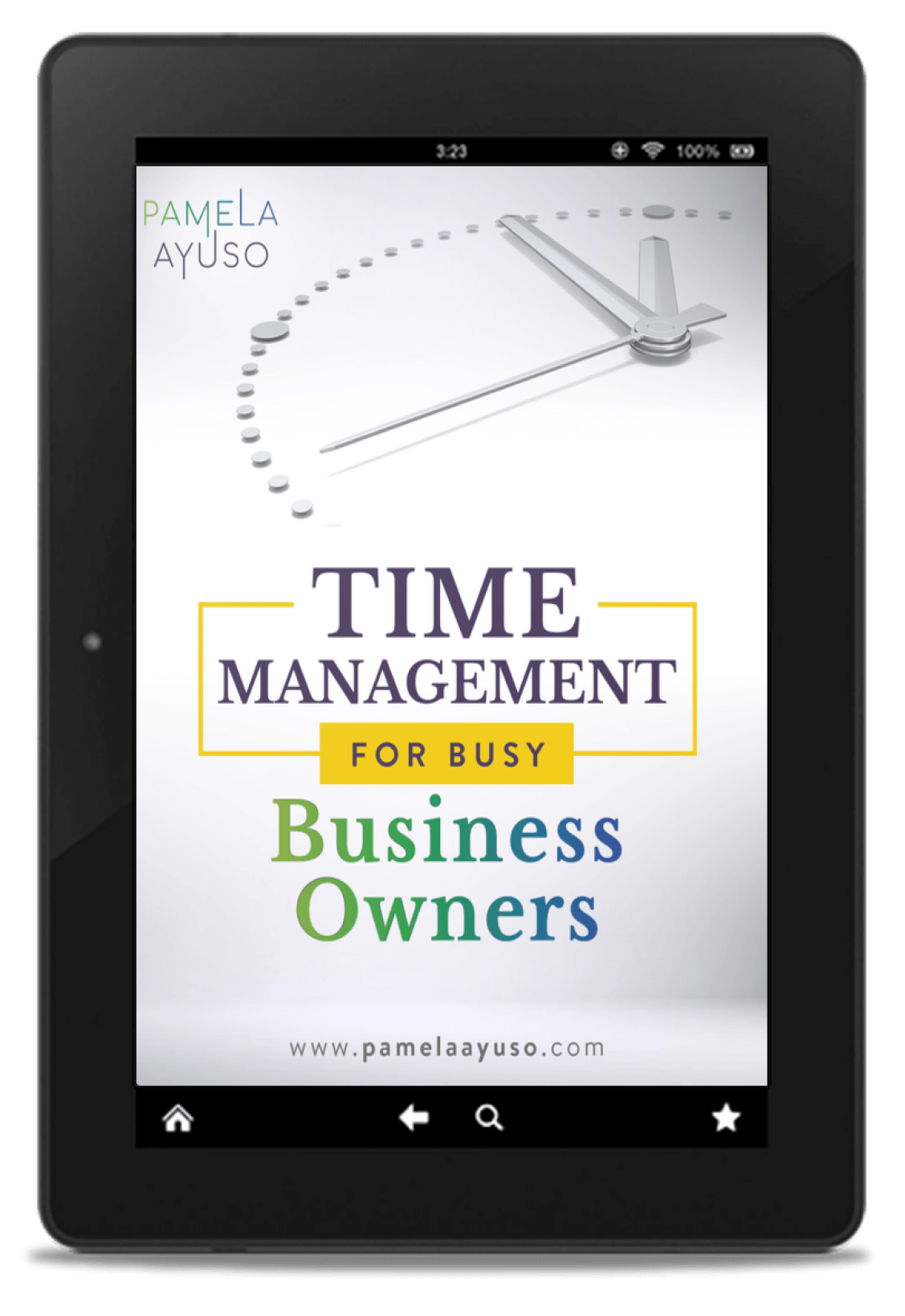We all communicate daily through our words, gestures, and even our poses. The way we communicate becomes second-nature, a part of our being, and these interactions are crucial both personally and professionally.
Through communication, we find new business opportunities, detect errors in the way we operate and find new avenues for growth. What we may not realize is that even though we have been communicating since we were born, we may not be doing it most efficiently, as there are methods to increase what we get out of our communication at work.
Simple actions and habits can improve how we interact with others both within our firm and outside it.
![[Photo: Antenna/Unsplash]](https://www.pamelaayuso.com/wp-content/uploads/2021/01/antenna-503044-unsplash.jpg)
[Photo: Antenna/Unsplash]
Tips for Better Communication
1. Use the right medium
How you communicate is almost as important as what you communicate. The most commonly used media for professional communication are email, the phone, in-person meetings, and chat applications. These are all instruments in our toolbox that ensure our messages are delivered and we obtain the necessary feedback as effectively as possible.
Sometimes there may be an important and intricate topic that should be discussed in person. Because we are pressured for time, we may try to get the information across through a quick text message. This medium is simply not suitable for multilayered topics.
For nuanced and complex topics, meeting in person is the best method. Short and brief information messages work great through email and chat messages are wonderful for light and casual conversations.
2. Keep in touch
To ensure that all crucial information is relayed appropriately, it is imperative to check in often with members of your team – all it takes is a few minutes. I will often walk around the office floor and start talking to someone about how they are doing. I have found that if an important topic is on his or her mind, the person will bring it up. Simple conversations like these have helped me detect errors before they happen.
While sometimes it may be more difficult to do with coworkers that are not in the same physical office, it is still helpful to maintain lines of communication with those that work remotely. As an example, I have found that maintaining scheduled status phone calls on a regular basis has helped with the maintenance of ongoing projects with those that do work remotely.
3. What else?
I have found that asking, “What else is on your mind?” at the end of a conversation helps bring any forgotten items to the forefront. Whenever I meet with my colleagues, I will go through all the topics on the agenda. In the end, I check to make sure that we are not missing anything and that every topic has been completely cleared. Just asking, ”Is there anything else?” allows the other person to pause and make sure everything that needed to be said was said.
![[Photo: Nick Hidalgo/Unsplash]](https://www.pamelaayuso.com/wp-content/uploads/2021/01/nick-hidalgo-194770-unsplash.jpg)
[Photo: Nick Hidalgo/Unsplash]
4. Listen
Sometimes all we want to do is get the work done. The pressure to complete everything we have to do is often staggering, as things are urgent and there is no time to spare. It is worthwhile, however, to take the time to listen to our coworkers. We might discover hidden nuggets that interest us, and these little discoveries can make an incredible difference in our lives. In other words, keep the reception antennas open, as you never know what useful information may arrive. Listening is often more important than speaking.
5. Take notes
Communication in a business meeting or conversation can be productive, but if nothing useful comes out of it, it is almost like it never took place. Make sure to write down anything important which is being said and that can turn into an action item. If you feel the act of taking notes looks rude, you can quickly interrupt the person to say, “I am just jotting this down.”
The goal in a business setting is to obtain the desired results; they will only happen if notes are taken, and action steps are derived from them.
6. Get to know people
Getting to know those on the team is perhaps the most important item on this list. Building a relationship with the people on your team is fundamental to excellent and proficient communication. It is also the foundation for future growth together as a team, which will prove to be more resilient through the ups and downs that inevitably happen in business.
Not only is this interpersonal bond important, but work can become significantly more enjoyable. I like to learn what people on my team like, how they interact with each other, and what is important in their lives. Work can be fun, and it is the people around us that make it so.
![[Photo: Marko Pekic/Unsplash]](https://www.pamelaayuso.com/wp-content/uploads/2021/01/marko-pekic-145777-unsplash.jpg)
[Photo: Marko Pekic/Unsplash]
Keep Building Habits for Improved Communication
Communication is integral to our personal growth as well as the growth of our teams. Although we communicate all the time, it does not mean those interactions are always perfect. Simple changes can help fine-tune how we interact to get the most out of what we communicate.
Do you have any beneficial tips for effective team communication?



